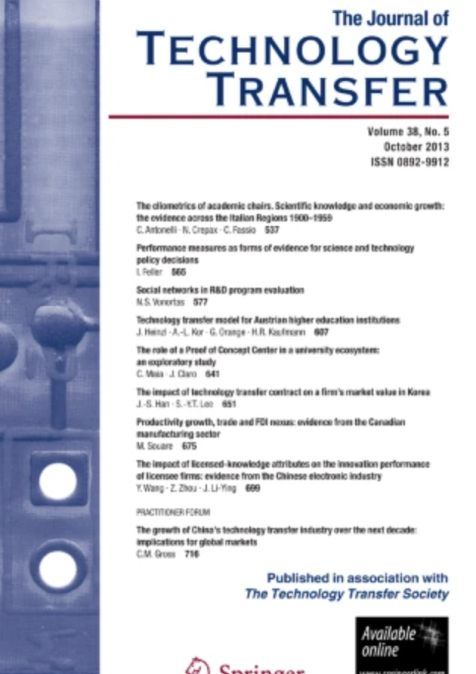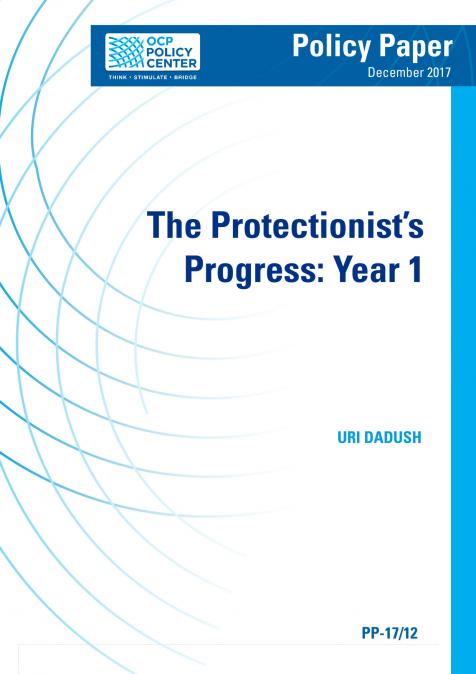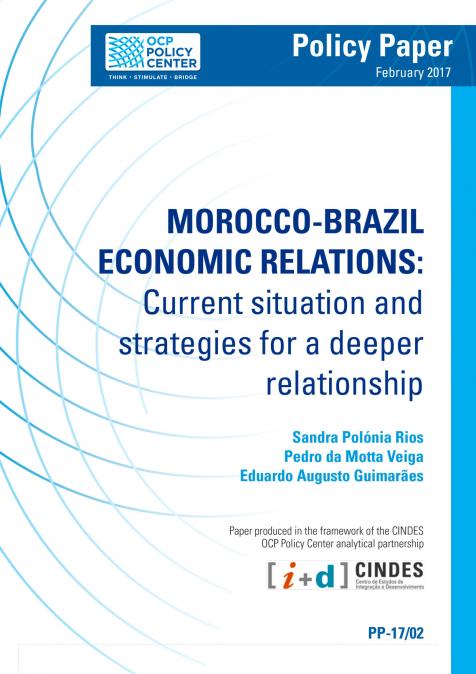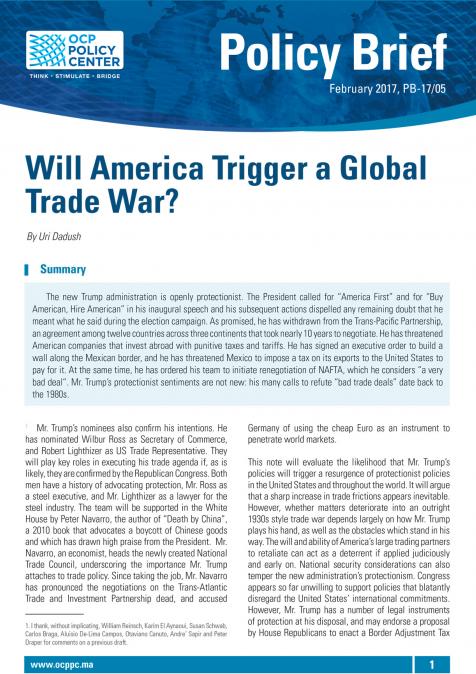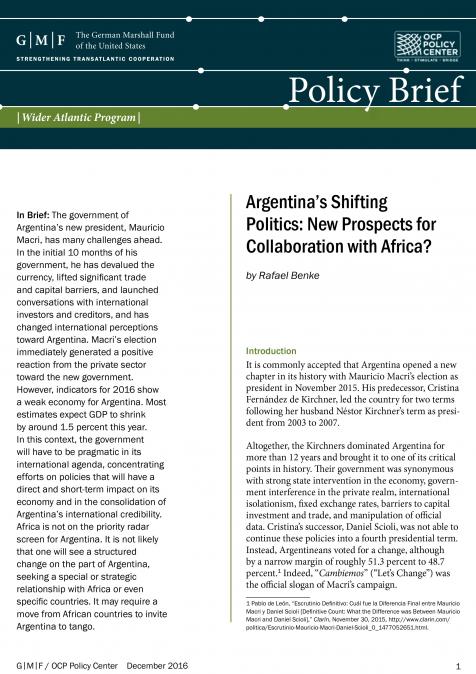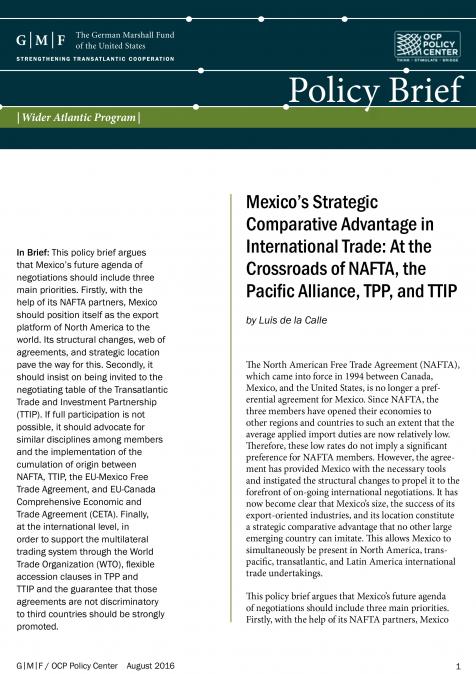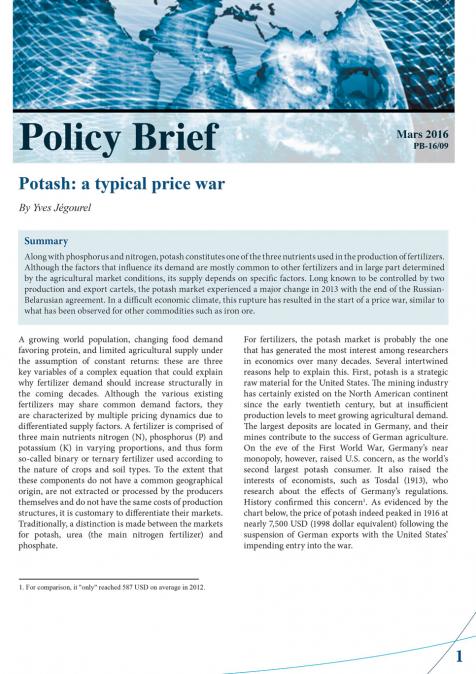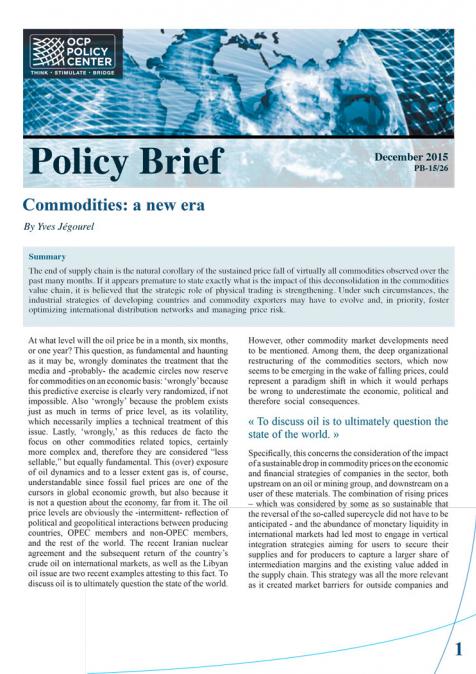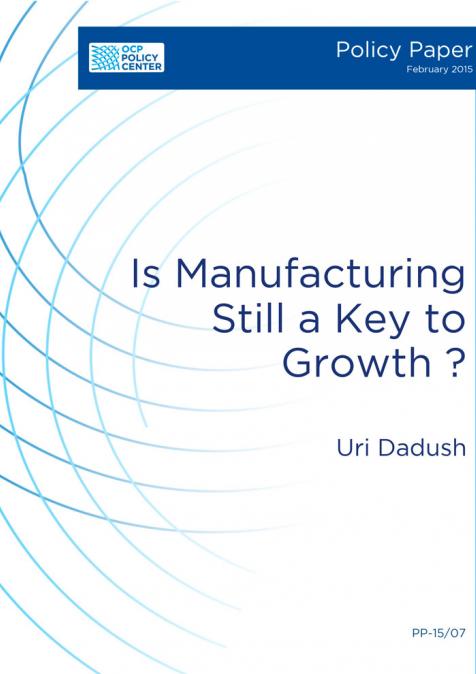Publications /
Paper in Academic Journals
This Paper was originally published on springer.com
Brazil went from a quite impressive economic performance during much of the twentieth century to a period of mediocre growth from 1980 onwards. This shift has positioned the country as a textbook case of the “middle-income trap”. This paper aims to demonstrate how certain transformations in the international economy since the 1980s—notably the globalization of firms and industries—combined with a set of domestic challenges, disrupted the path of industrial and technological development that Brazil had pursued since the 1930s. In essence, growth strategies based on the scale of the domestic market ceased to be effective. The innovation and economic challenges the country now faces cannot be addressed without a clear understanding of these processes. The analysis carries important policy implications, centered on the need for less protectionism and greater internationalization of firms. Reversing the inward-looking orientation of Brazilian industry is a key objective for any policy aiming to stimulate increased business R&D and innovation.

